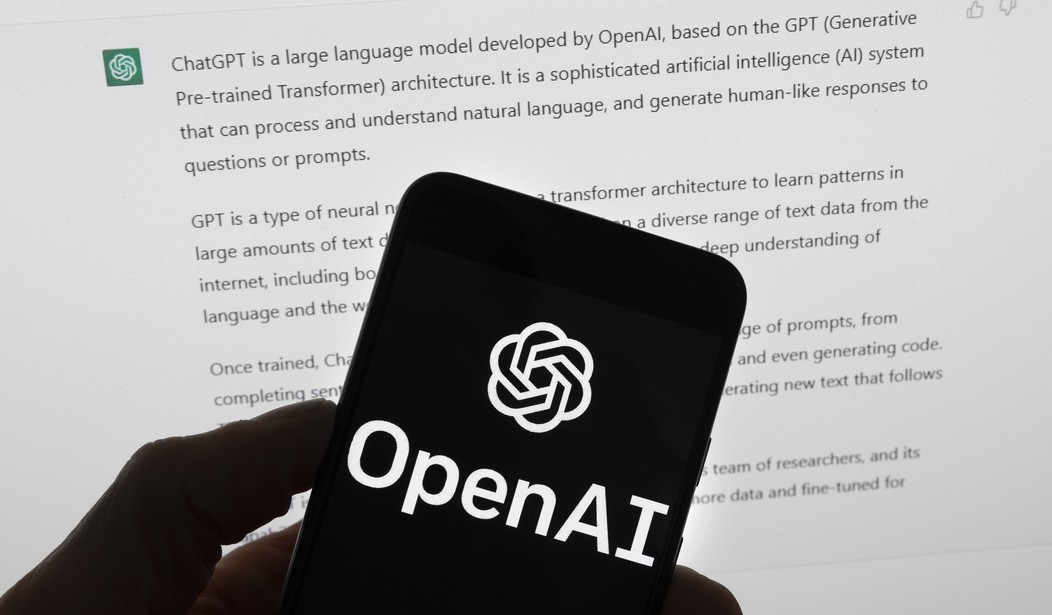At the birth of the internet age in the early 1990s, the U.S. and Europe took opposite approaches to advancing this new economy-changing technology.
Europe tried the approach of industrial policy: They allowed government to regulate, subsidize and then tax the swarm of new tech companies that emerged.
Here in the U.S., Congress and the Clinton administration made a wiser choice. We passed laws that kept internet startups regulation-, tax- and lawsuit-free. It was the Wild West of startup technology companies. A Darwinian race to excellence and survival. Some of the big initial companies like AOL, Netscape and MySpace gave way to superior competitors like Google, Microsoft, Apple, Amazon and Facebook.
We all know the end of this story. For three decades America and Silicon Valley came to entirely dominate these earliest innings of the digital age. Today we have our Magnificent Seven tech companies -- many with a market cap above $1 trillion -- that are, combined, worth more than every company in Europe combined.
Tech companies today comprise nearly 40% of the S&P 500 market cap.
Now we are at the dawn of stage 2.0 of the digital age, with computers armed with artificial intelligence software having a capacity to learn, remember and compute orders of magnitude faster than past machines. The power and capability are magnificent, awe-inspiring and frightening all at once.
Robots and AI have the capacity to give sight to the blind, eliminate all grunt work and manual labor, and send rockets all over the galaxy, with flying cars potentially being the next big thing. I am on the board of a company, Lightspeed, that builds houses with robots. We don't want or need government subsidy or interference.
Recommended
Just in the next decade, Goldman Sachs estimates more than $7 trillion of added wealth globally from AI. That adds up to a lot more than a chicken in every pot.
This transformative technology must be led by America. This time around, China is our rival that has designs on supplanting America as the superpower. That outcome would be bad for all of humanity, as the leaders in Beijing are dangerous authoritarians that could use these advances for evil, not good.
The Information Technology and Innovation Foundation points out that China is "advancing rapidly in AI research and application, challenging the United States' dominance in this critical field."
We have a natural advantage over China despite their four-times-higher population because their model of central control is far inferior to ours, which is propelled forward through private for-profit enterprise.
But this advantage could be nullified if policymakers in Washington and state capitals meddle and interfere. More than 1,000 pieces of AI-related legislation have been introduced in the states just this year.
So far the Trump administration has wisely taken a light-touch approach to regulation. In one of his first acts this year, President Donald Trump repealed an intrusive Biden executive order on AI issued in 2023.
At a Senate committee hearing in May, Sam Altman, CEO of OpenAI, was asked about the impact of "a patchwork regulatory framework and how that could impact" U.S. competitiveness on AI. "I think it would be quite bad," he said. "I think it is very difficult to imagine us figuring out how to comply with 50 different sets of regulation ... that will slow us down at a time where I don't think it's in anyone's interest for us to slow down."
But the Left is increasingly spreading fear of Dr. Evil doomsday scenarios to press the case for government intervention. This will delay the multitude of spectacular benefits to even the poorest among us. Technology is a natural equalizer, not a thief.
All that can hold back another era of American tech dominance is when government tries to step in and help -- or hinder.

























Join the conversation as a VIP Member